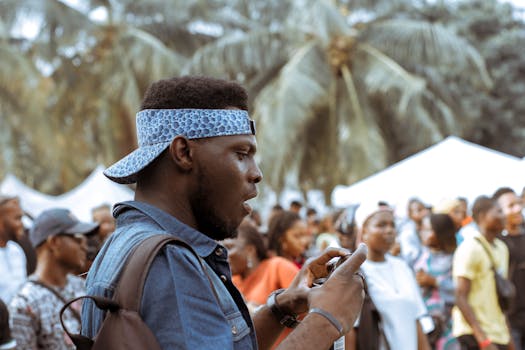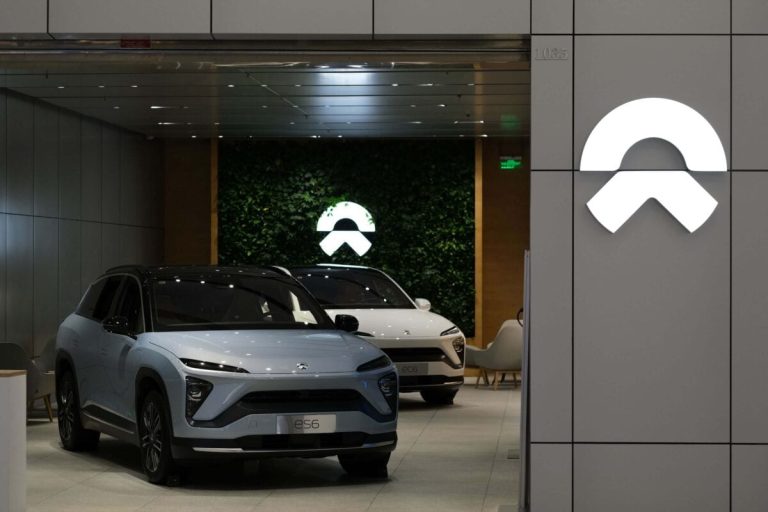
Introduction
The Future of European Living is shaped by various lifestyle trends that are emerging as we approach 2025. These trends focus on sustainability, technology integration, health consciousness, and community engagement. As we navigate this new landscape, it is essential to embrace these changes to enhance our quality of life.
Sustainability in Urban Living
With climate change at the forefront of global concerns, European cities are leading the way in sustainable living practices. In 2025, urban areas will prioritize green spaces, renewable energy, and eco-friendly transportation options. Cities like Copenhagen and Amsterdam serve as models for integrating sustainability into everyday life.
Green Architecture
New construction projects will focus on energy-efficient designs and sustainable materials, reducing the carbon footprint of buildings. This trend not only promotes environmental health but also enhances the quality of life for residents.
Community Gardens and Urban Farming
Communities will increasingly adopt urban farming initiatives, encouraging locals to grow their own food. This movement fosters community spirit and provides fresh produce, contributing to healthier lifestyles.
Technological Integration in Daily Life
As technology advances, its integration into daily life will become more seamless. In 2025, smart home devices will be commonplace, offering convenience and energy efficiency.
Smart Homes
Home automation systems will allow residents to control lighting, heating, and security with ease. This technology not only enhances comfort but also contributes to energy savings.
Health Tech
Wearable devices will play a significant role in monitoring health metrics, encouraging a proactive approach to wellness. As health consciousness grows, individuals will leverage technology to track fitness goals and maintain a healthy lifestyle.
Health and Wellness Trends
The focus on health and wellness will continue to evolve, with an emphasis on holistic approaches to well-being. In 2025, Europeans will gravitate towards practices that support mental, physical, and emotional health.
Mindfulness and Mental Health
Mindfulness practices, such as meditation and yoga, will gain popularity as individuals seek to reduce stress and improve mental clarity. Communities will offer workshops and classes to promote these practices.
Active Lifestyles
There will be a strong emphasis on maintaining an active lifestyle, with more outdoor activities and fitness programs available. Urban parks and recreational areas will serve as hubs for physical activity.
Community Engagement and Social Connections
As remote work becomes more prevalent, fostering social connections will be crucial. In 2025, communities will prioritize initiatives that encourage interaction and collaboration among residents.
Local Events and Gatherings
Festivals, farmers’ markets, and community events will become essential for building relationships and supporting local businesses. These gatherings promote a sense of belonging and strengthen community ties.
Co-Working Spaces
Co-working spaces will facilitate collaboration among freelancers and entrepreneurs, providing opportunities for networking and idea exchange.
Conclusion
As we look towards 2025, embracing lifestyle trends such as sustainability, technology integration, health consciousness, and community engagement will shape the future of European living. By adapting to these changes, we can enhance our quality of life and contribute to a more sustainable and connected society.
Takeaways
1. Sustainability will be a key focus in urban living.
2. Technology will enhance convenience and health monitoring.
3. Community engagement will foster social connections and support local initiatives.







